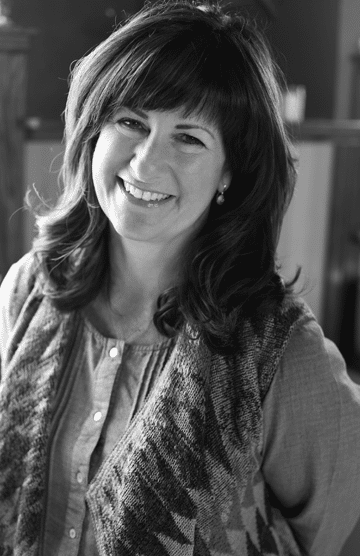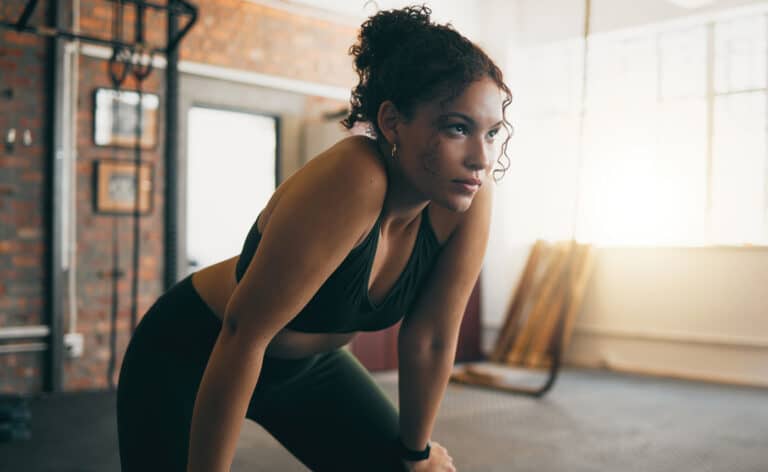
I get really excited about the brain! It is the superconductor of my world. And what I continuously learn, whether I’m studying the brilliant neurological reprogramming methods of Dr. Moshe Feldenkrais or reading books by people who have recovered from major brain trauma such as Jill Bolte Taylor, PhD, My Stroke of Insight, or Clark Elliot, PhD, Ghost in My Brain, is that we are still infants in our understanding of the brain’s capacity and reach.
It is this unknown potential of the brain that gets me so jazzed. If it is true about the brain, then it is true about life—we have unknown, unlimited, infinite potential. This edgeless world of what can be is inside each of us just waiting to be created and expanded exponentially.
Here’s an example of the brain’s brilliance. More than 25 years ago, one of my colleagues gave birth to a baby girl. Part of the baby’s brain was missing. Doctors told the baby’s parents to make her comfortable; that she’d need to be institutionalized; that she’d never be able to sit up or be continent. The parents, though, kept searching for solutions and found Feldenkrais, who used gentle touch and movement (no drugs, surgeries, braces or other medical devices) to invite this little girl’s brain to create new neural pathways so that she could not only survive but thrive. After decades of Feldenkrais lessons, this flourishing woman now has a master’s degree from a prestigious university, is married and lives an active, independent, beautiful life.
I know. You’re asking: What? Gentle touch and movement saved this baby girl’s life? The answer is yes … AND. The AND is in the way the parents learned to interact with their daughter for her adaptability and growth. The AND is also how this girl learned to be aware of her internal impulses, without judging herself. When she had difficulty doing a task, she learned to slow down, to bring variation to her actions and thinking and to use her imagination. This, and more, stimulated her brain to learn and develop so that she could live exquisitely.
You can explore the potency of your brain’s plasticity by introducing into your daily life the following:
• Variation. Our brain loves variation. The more variation, the more choices the brain has to implement what is optimal in any given moment. If you usually push up onto steps or curbs with your right foot, use your left. If you open doors with your left hand, use your right. If you react with anger to not being valued, respond with love or curiosity. Notice habits in all areas of your life and bring to them your curiosity and creativity. Invite new and delightful variations to your daily functioning.
• Judgment-Free Awareness. Become aware of sights, sounds, smells, textures, thoughts…everything. Don’t judge them. Notice them. For instance, walking home from the grocery store, I notice how heavy the bag is that I carry, how my left knee hurts and how the right side of my hip moves differently from the left. Bring in curiosity: Pain in my left knee; might it be related to the heavy grocery bag I carry on my left side? What will happen if I switch the bag to my right side or carry it hugged to my chest? Curiosity opens the possibility for my brain to create new relationships, pathways and change. If instead of observing and adjusting, however, I climb onto the hamster wheel of judgment, berate myself for buying too many groceries and hate my “stupid” knee, then my pain will probably increase. Ouch!
• Subtlety. Feldenkrais teaches that neurological change happens from our ever-expanding internal awareness of self. Try this: Close your eyes, lightly hold the tip of your thumb and gently move it in tiny increments forward and back, up and down. Can you feel sensation in your palm, thumb joint, forearm, maybe even in your shoulder or ear? Now, forcefully move your thumb. In which scenario can you feel a greater sense of your self and relationship within you? Through the first scenario, I might learn that the discomfort in my thumb is related to my jaw or shoulder. In the second scenario, I will learn that, yes, my thumb joint hurts—not very helpful. Tune into the treasure trove of subtle internal whispers and relationships. Tune out the stymieing voices of rigidity, habit, control and the need to be right.
Get excited about your brain and the infinity it offers. Unleash your curiosity. Your brain will flourish, and so will you.











